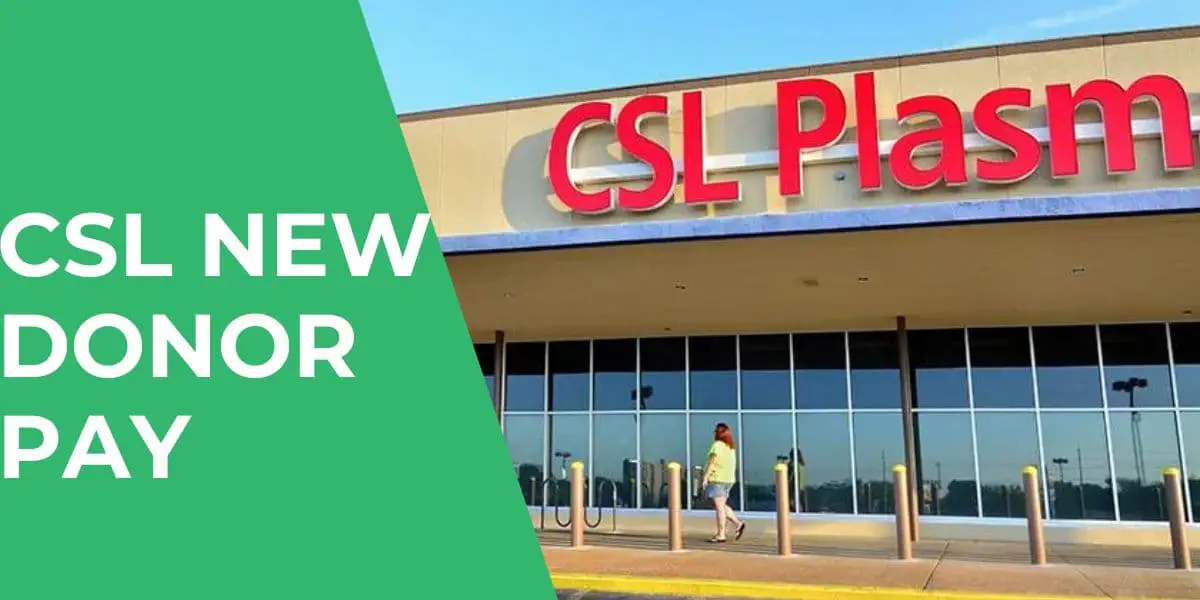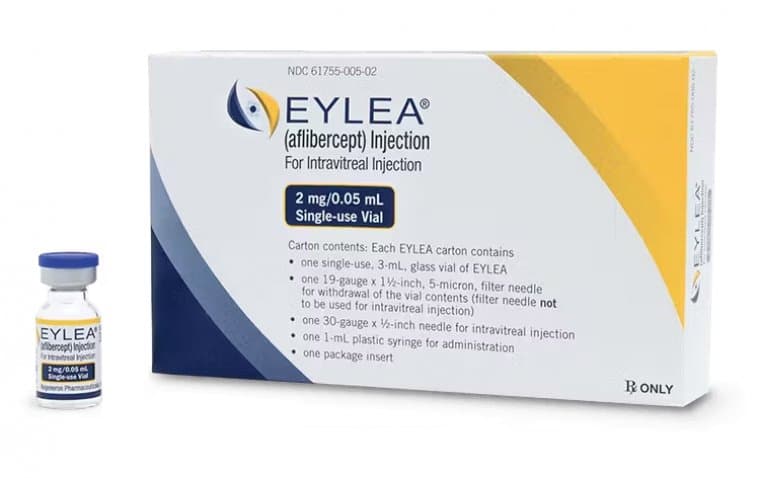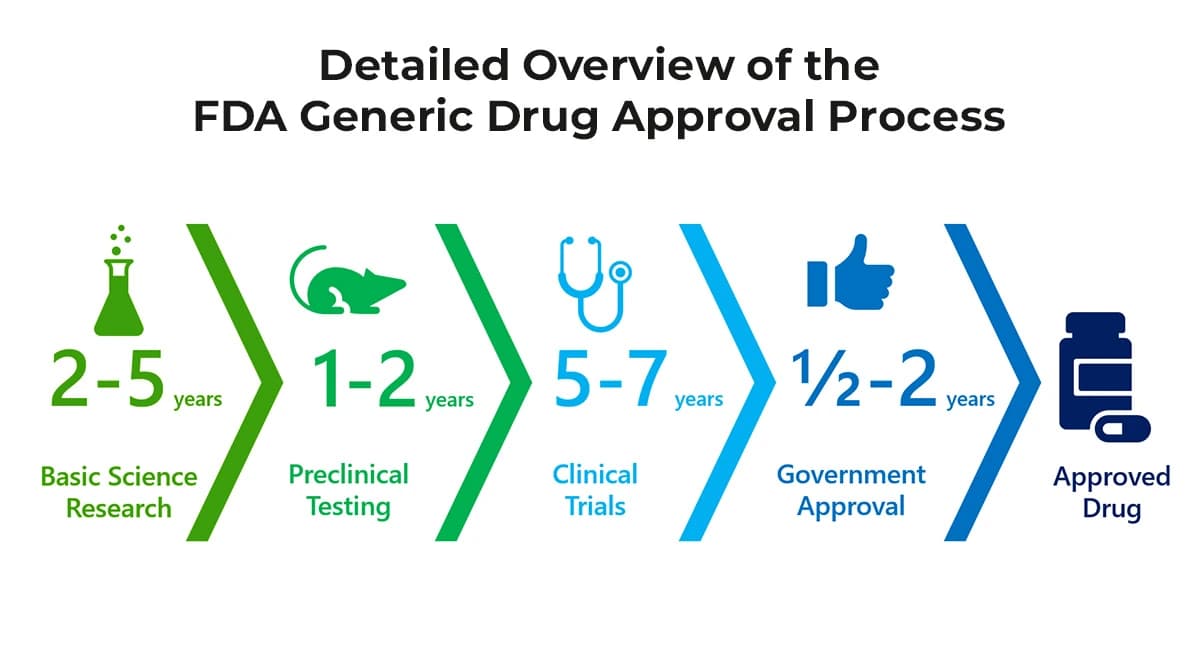FDA Approves Bayer Oral Drug Hyrnuo for HER2 Mutated Lung Cancer
The U.S. Food and Drug Administration approved Bayer’s oral kinase inhibitor Hyrnuo on November 19, 2025 for adults with non squamous non small cell lung cancer who carry HER2 mutations and who previously received systemic therapy. The decision, which includes a companion diagnostic to identify eligible patients, expands targeted treatment options for a hard to treat subgroup while raising urgent questions about testing access and drug affordability.

On November 19, 2025 the U.S. Food and Drug Administration cleared Bayer’s oral drug Hyrnuo for adults with non squamous non small cell lung cancer whose tumors harbor HER2 mutations and who have already received systemic therapy. Regulators based the approval on clinical trial data demonstrating substantial tumor responses in patients who had not received prior HER2 targeted therapy and measurable benefit in those who had been previously treated.
The approval also includes a companion diagnostic intended to detect the specific HER2 alterations that make patients eligible for Hyrnuo. That requirement is intended to focus treatment on those most likely to benefit, but it also puts a spotlight on persistent gaps in molecular testing capacity in the United States. Timely and equitable access to advanced tumor profiling will determine how many patients actually receive this new option.
HER2 mutated non small cell lung cancer represents a relatively small subset of the broader lung cancer population, yet it has been one of the more challenging categories to treat effectively. The new oral kinase inhibitor offers an alternative to existing HER2 directed agents and is expected to intensify competition in a field that has seen only a handful of targeted therapies approved for this indication. Industry analysts said the approval could affect prescribing patterns and pricing dynamics, though the FDA decision did not include details about coverage and cost.
For patients, an oral targeted therapy can mean fewer clinic visits and a treatment that fits more easily into daily life. For health systems and payers, the arrival of another targeted medicine raises immediate questions about insurance coverage, prior authorization rules, and the financial burden on patients. Cost related barriers have been well documented for other targeted oncology drugs, and advocates warn that high out of pocket costs can erode the public health gains of scientific progress.
The public health implications extend beyond individual treatment choices. Expanding the availability of HER2 testing in community hospitals and safety net clinics will be critical to avoid widening disparities. Rural patients and those served by under resourced institutions are less likely to receive comprehensive molecular profiling, which can delay or prevent access to targeted therapies. Policymakers and payers face pressure to ensure that the companion diagnostic and subsequent treatment are covered and accessible.
Clinicians and researchers are likely to study Hyrnuo in earlier lines of therapy and in combination with other agents to define its optimal role. For now, the FDA approval creates a new pathway for patients with a difficult to treat form of lung cancer. Whether that promise translates into broader population level benefits will depend on equitable testing, affordable access, and coordinated policy measures to ensure that scientific advances do not deepen existing health inequities. Reporting by Reuters.


